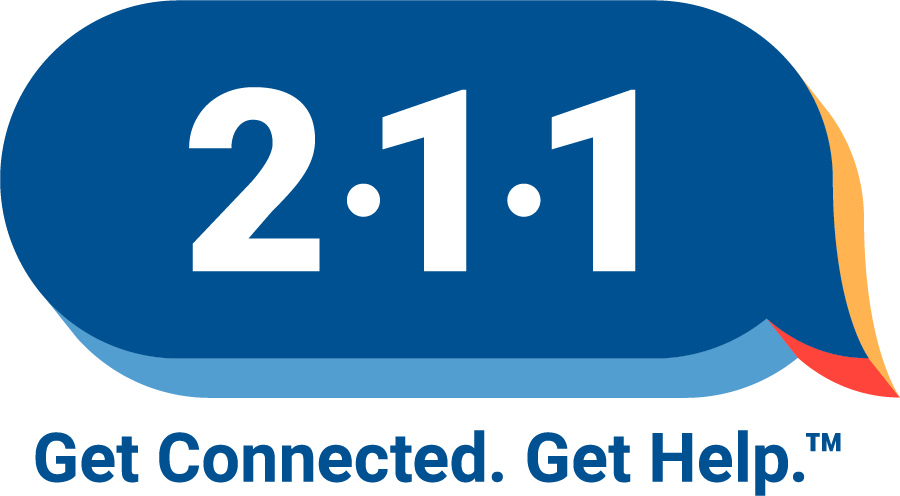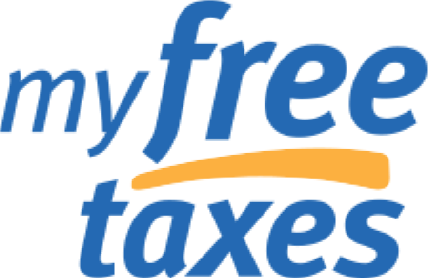Expand Preschool To Keep Promise To Our Kids And Our Future
These days, many parents worry about whether their children will have the same opportunities that they enjoyed growing up. The American Dream increasingly seems out of reach for more and more of us. Inequality has increased tremendously over the past 30 years–California’s GDP has grown over 123%, while median household income has grown only 7%.
The best way to assure our children grow up in a society where opportunity is growing, not shrinking, is to expand opportunity for all children. Perhaps the most effective and affordable way for us to do that is ensure all low-income children have access to high quality preschool.
A powerful body of research shows that early education increases cognitive, language, social, and emotional development and provides a strong foundation for success in school and life. This leads to increased high school graduation rates, greater college attendance, decreased crime, and a stronger middle class. For these reasons, economists estimate that for every $1 invested in quality preschool returns $8.60. Moreover, investments in quality early education don’t just help children and society in the long run, they make an immediate difference by allowing parents to attend school, go to work, and become integral members of California’s growing economy.
For us and our member local United Ways, investing in early childhood education is one of our top priorities this year – and every year. We work to improve the health, financial stability, and educational opportunities of all Californians—and early childhood education for children birth to age 5 is one of the most effective approaches we can take to address these issues comprehensively, not just for children, but for working families across the state.
For example, United Way of the Bay Area’s early education work has a two-generation approach, which focuses on creating opportunities for and addressing needs of both vulnerable parents and children together. A two-generation approach is an effective way to break the cycle of poverty. Public investments in early education, such as preschool allow better economic opportunities for the whole family. 40% of Bay Area families spend nearly 40% of their income on child care costs.
During the Great Recession, California slashed programs proven to reduce poverty were hit especially hard—lawmakers cut more than $1 billion from the child care and preschool system, reducing or eliminating vital services for far too many children and families. California has yet to rebuild these programs and services, but some encouraging steps were taken last year.
In the 2014-15 state budget, Governor Brown and the Legislature passed a budget that increased investments in early learning and child development by nearly $273 million. The investment included funding for an additional 11,500 full-day, full-year preschool spaces, increased access for infants and toddlers, and quality investments. The budget also included a commitment to provide access to every low-income 4 year old to a preschool program in the coming years.
Now is the time to deliver on that promise: AB 47 – the Preschool for All Act of 2015 (McCarty), which would ensure California meets the commitment made last year by Governor Brown and the Legislature to provide preschool to all low-income 4 year olds.
For many families, particularly low-income families, preschool is a distant reality. A year of private preschool in California can cost $20,000 or more—that’s more than a year’s worth of tuition, room and board at UC Berkeley. This year, the California Department of Education received requests from preschool providers across the state for over 32,000 preschool spaces for just 4,000 available spaces—that’s over 8 times the need, and CDE recognizes that the actual need is likely higher. If we fail to expand state preschool, we’re leaving far too many children, families, and tomorrow’s leaders without the early education that they deserve, no matter their income or zip code.
The Preschool for All Act of 2015 is where the rubber meets the road. This bill presents an opportunity to build on the gains made last year, tackle poverty, and give our children the early childhood experiences they need to thrive.
For example, United Way of the Bay Area’s early education work has a two-generation approach, which focuses on creating opportunities for and addressing needs of both vulnerable parents and children together. A two-generation approach is an effective way to break the cycle of poverty. Public investments in early education, such as preschool allow better economic opportunities for the whole family. 40% of Bay Area families spend nearly 40% of their income on child care costs.
During the Great Recession, California slashed programs proven to reduce poverty were hit especially hard—lawmakers cut more than $1 billion from the child care and preschool system, reducing or eliminating vital services for far too many children and families. California has yet to rebuild these programs and services, but some encouraging steps were taken last year.
In the 2014-15 state budget, Governor Brown and the Legislature passed a budget that increased investments in early learning and child development by nearly $273 million. The investment included funding for an additional 11,500 full-day, full-year preschool spaces, increased access for infants and toddlers, and quality investments. The budget also included a commitment to provide access to every low-income 4 year old to a preschool program in the coming years.
Now is the time to deliver on that promise: AB 47 – the Preschool for All Act of 2015 (McCarty), which would ensure California meets the commitment made last year by Governor Brown and the Legislature to provide preschool to all low-income 4 year olds.
For many families, particularly low-income families, preschool is a distant reality. A year of private preschool in California can cost $20,000 or more—that’s more than a year’s worth of tuition, room and board at UC Berkeley. This year, the California Department of Education received requests from preschool providers across the state for over 32,000 preschool spaces for just 4,000 available spaces—that’s over 8 times the need, and CDE recognizes that the actual need is likely higher. If we fail to expand state preschool, we’re leaving far too many children, families, and tomorrow’s leaders without the early education that they deserve, no matter their income or zip code.
The Preschool for All Act of 2015 is where the rubber meets the road. This bill presents an opportunity to build on the gains made last year, tackle poverty, and give our children the early childhood experiences they need to thrive.




